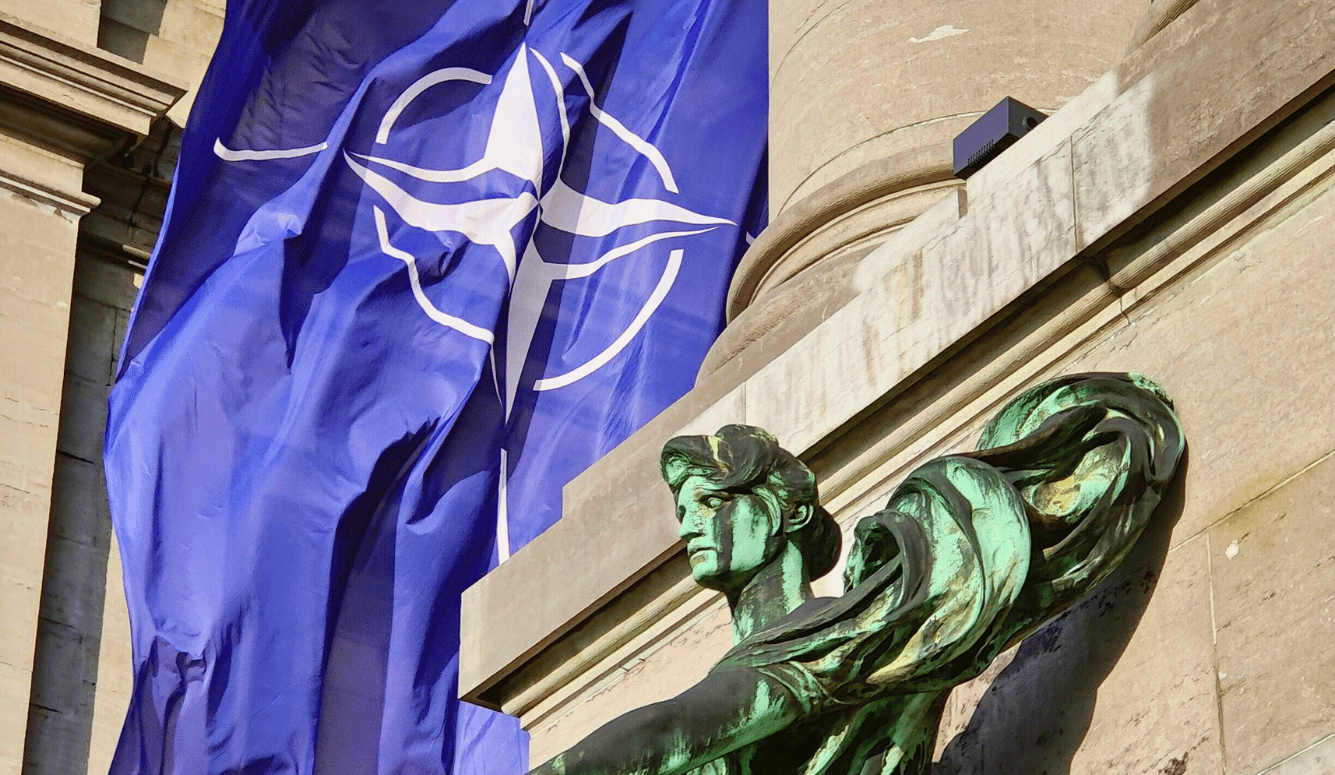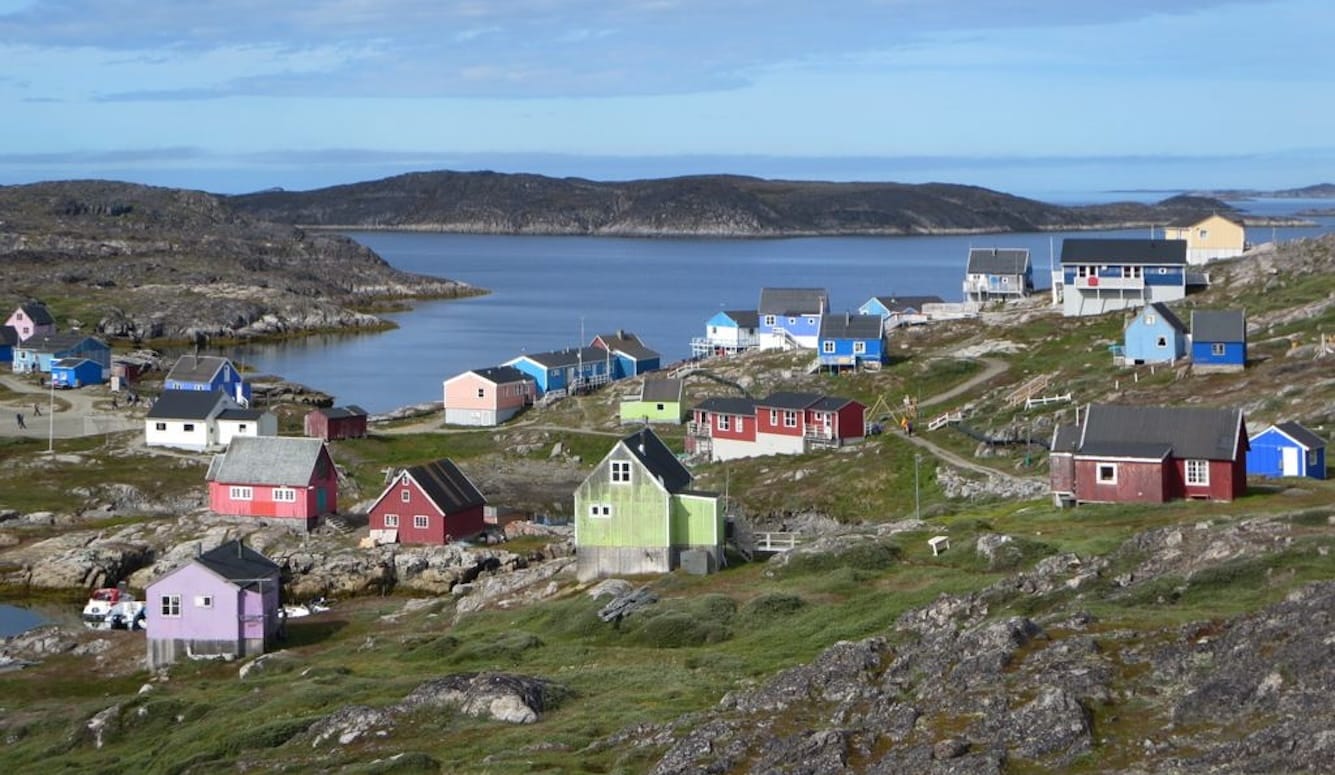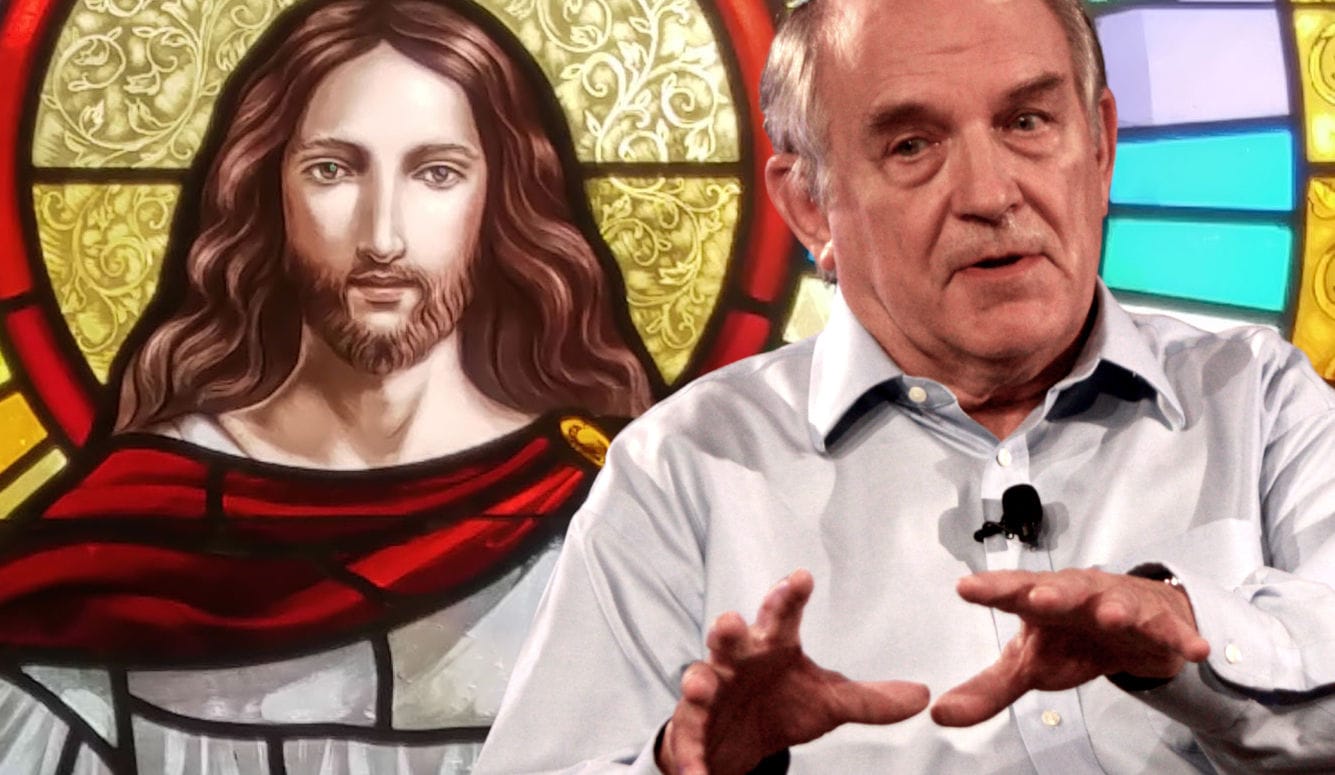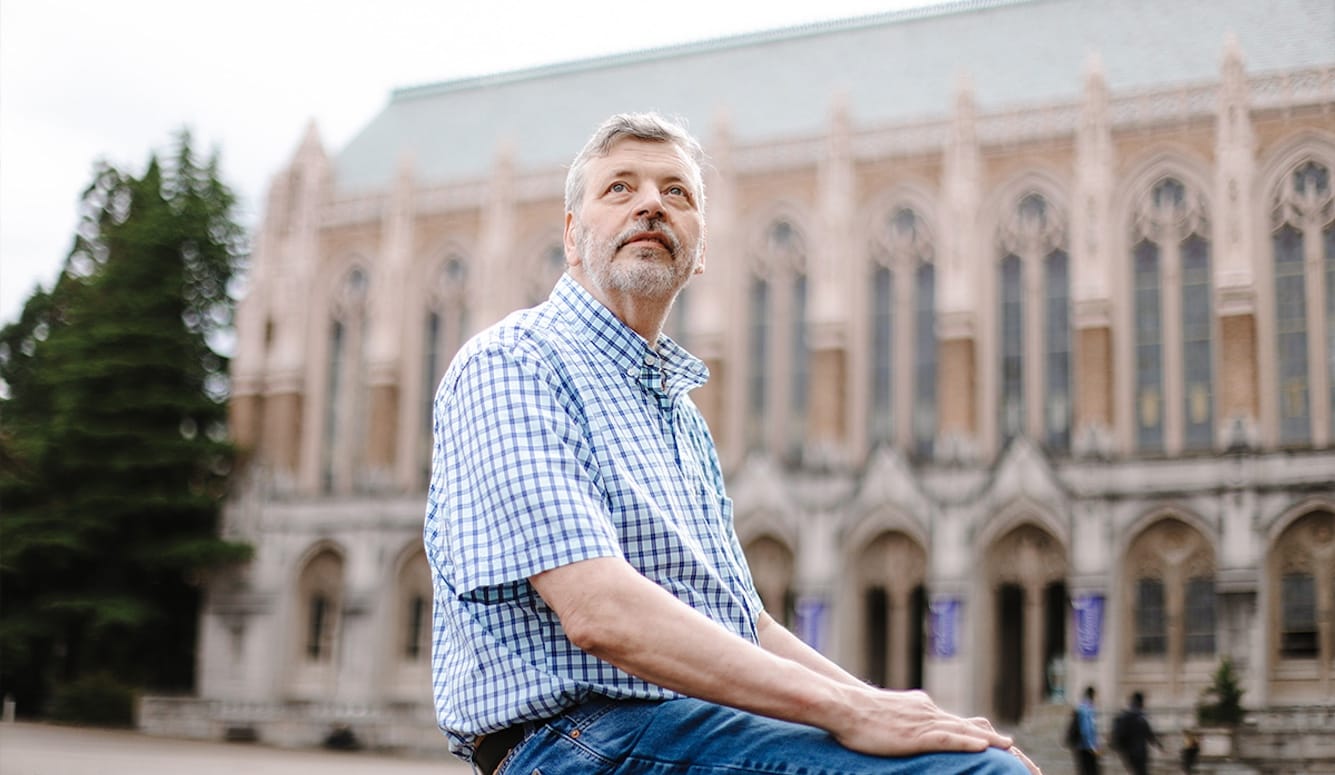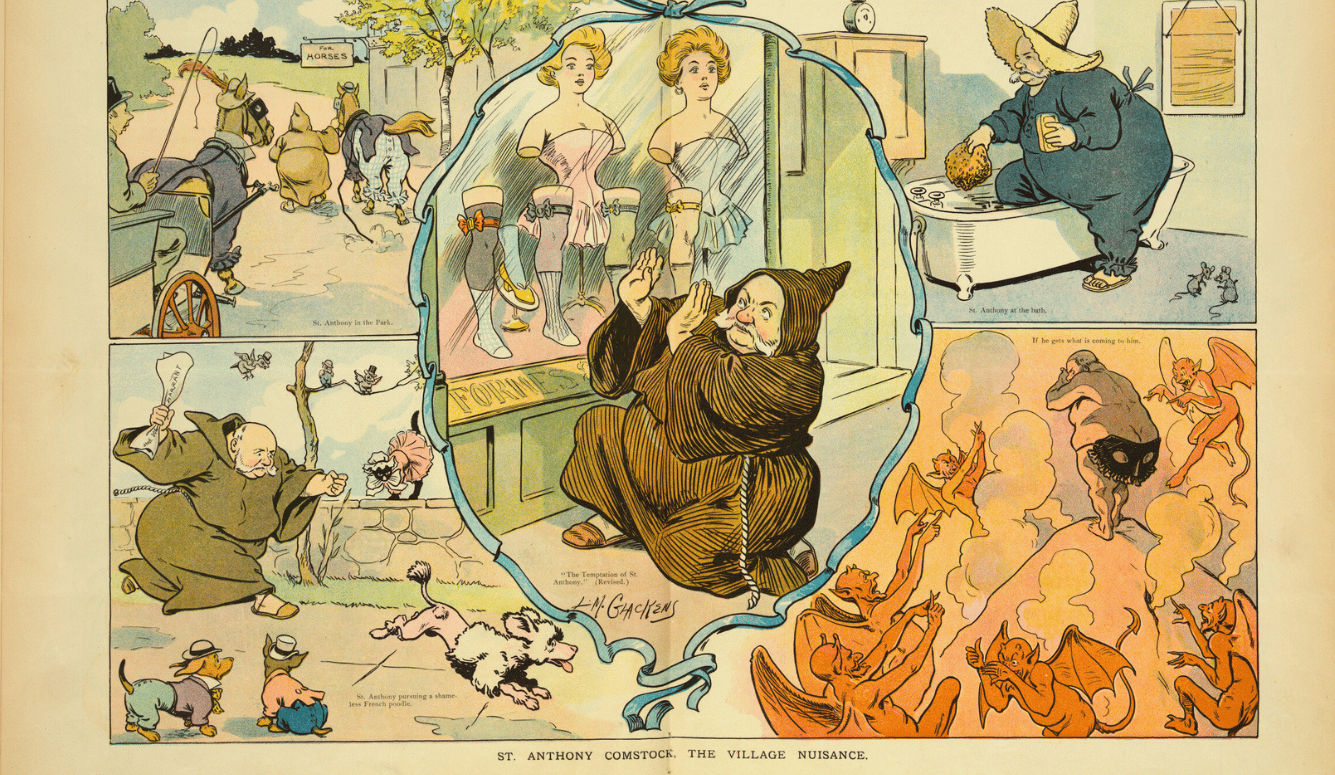Israel
The Women of 7 October
In that moment, time stood still. There was no context, no history, no argument, no discourse. There was only pain.
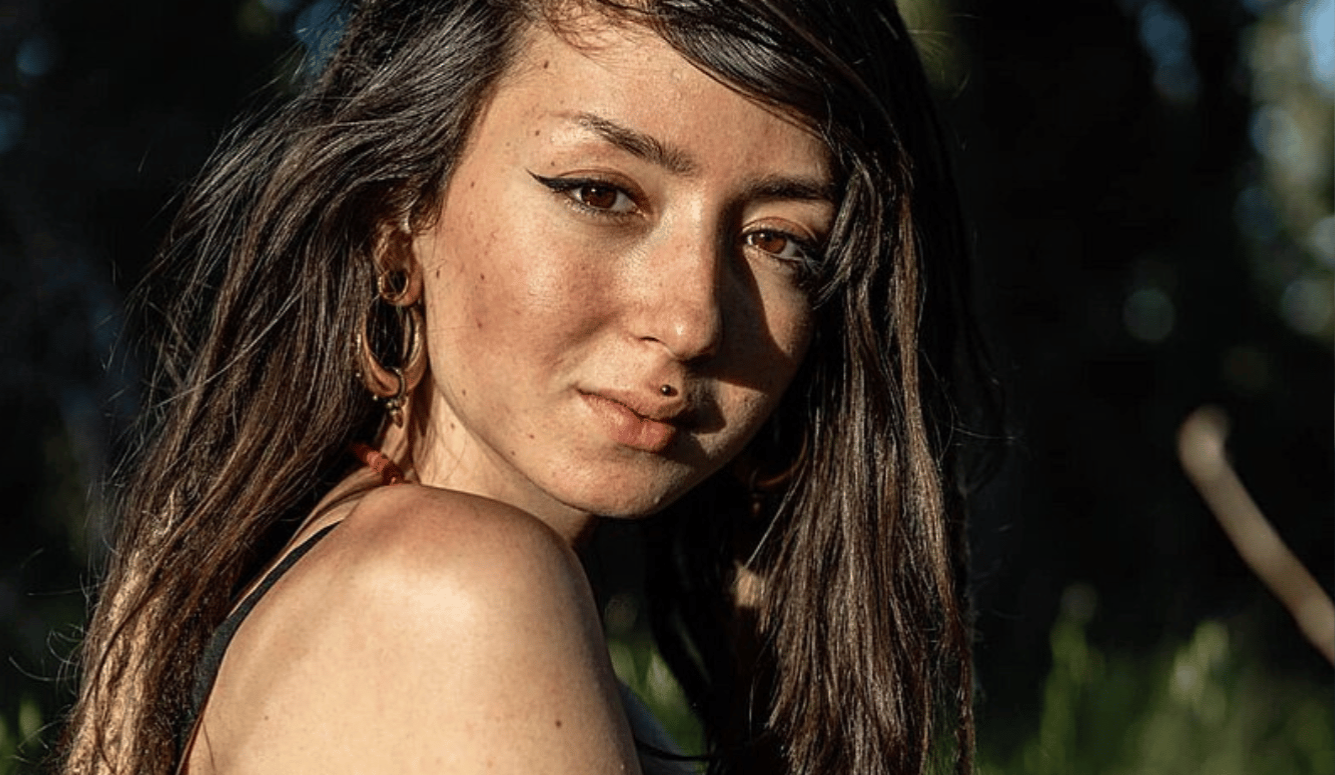
Editor’s Note: The following piece was first published in my Substack, The Second Swim on 18 November 2023 and is reprinted here in commemoration of the women who died on that day and lest we forget those who continue to suffer.—Iona Italia
I can’t stop thinking about them: the women and girls of the Israeli kibbutzim, who were raped on 7 October, less than 8 weeks ago. Raped so brutally and so repeatedly that in some cases their pelvises broke from the weight of so many men. And then their throats were slit or they were shot in the forehead. I can’t forget the semi-naked corpse of Shani Louk, paraded around Gaza on the flatbed of a truck, as hordes of men cheered on her rapists and crowded around the jeep to spit on her body. I can’t forget the young woman, arms bound behind her back, hobbling from a slit Achilles tendon, a large bloodstain blossoming across her jeans where she was bleeding profusely from her vagina and anus, being led away, a prisoner of her rapists.
I’m still in mourning for them.
It shouldn’t matter how you feel about the causes or course of this conflict. It shouldn’t matter how much you care about the Palestinian cause, how unjust you feel the situation is in Gaza, how strongly you blame Israel. It shouldn’t matter what other victims arouse your compassion or how much horror you feel as you watch a Palestinian mother screaming in anguish as her child is unearthed from the rubble of a bomb site. It shouldn’t matter whether the flag you fly is cerulean and white or green and black, whether it bears a triangle or a star. None of that made any difference to the suffering those women endured on that day and that those who were taken hostage still endure.
Intense pain is caustic: it strips away the superficial layers of identity, of Jewish and Muslim, Israeli and Palestinian, like a cook peeling the papery brown layer from the outside of an onion, releasing the sharp sting beneath. Cut deep enough and there are no such differences between us: all differences of ancestry, ethnicity, affiliation, religion, are gone then, and only the raw human animal remains. In that moment, time stands still. There is no context, no history, no argument, no discourse. There is only pain.
Some people have condemned the rapists’ actions. Some people have spoken out firmly and clearly. Thank you. And some people have condemned them in their hearts. Thank you, too. I oppose compelled speech. I don’t expect friends and relatives to post about this on their social media; I don’t want some kind of catechism to be imposed on ordinary people. We shouldn’t police each other’s hearts; we shouldn’t demand demonstrations of each other’s humanity.
But there are organisations whose job it is to speak up when injustice is done. And most of them have been either silent or worse—much worse. The United Nations voted against condemning this. Human Rights Watch, Amnesty and Save the Children have glossed it over. Almost none of the major women’s organisations—including those specifically dedicated to protecting women from rape—have condemned this. Women’s studies departments have not condemned this. Many such groups have rightly highlighted the suffering of Palestinian women—we should grieve for them, too—but these women have been, at best, forgotten. At best. Protests began across the west the very day after these events occurred—on behalf of those under whose banner the rapes were committed. Very few of those protestors said Not in my name.
And everywhere in the west, too many people have, at best, minimised, justified, condoned this, sometimes with weaselly phrases and with obscurantist lingo, some of it drawn from so-called social justice ideology, here revealed at its most antisocial and profoundly unjust.
And other people have defamed the victims as whores, have slashed at their images on hostage posters, smeared them with faeces. Those who have done so include journalists at prestigious publications, senior lawyers and university professors. As news of this was breaking, before the bodies of the dead were cold and stiff, social media was already awash with posts from those who were celebrating what had happened—among them, many young western women who called themselves feminists.
Too many people flatly refuse to believe the rapes even happened—even though the rapists proudly documented their atrocities. In some cases, they filmed them on the victims’ own phones, uploaded them onto their social media or sent them via WhatsApp to the women’s parents and families. Thousands of international journalists and others have now seen the footage and still people are denying it.
Others feel that we need to move on. Other people’s pain is in the spotlight now. One progressive friend wrote that, although what happened to those women was bad, what is happening to Palestinian civilians in Gaza is worse. I share her compassion for the terrible suffering endured by the Gazans. But I cannot relativise the events in this way. To watch as your newborn baby is tortured to death, as you are repeatedly raped and then have your throat slit: there may, in this world of evil and suffering, be things as bad as that. But there is surely nothing worse.
In June 2018, twenty-one terrified Thai adolescents were imprisoned in a flooded cave at the end of an underground tunnel system. Many of us—me included—thought about, talked about and posted about them daily. Their plight captured our imaginations all around the world and immense international efforts went into saving them. But too few people seem to have a heart for the innocents currently trapped in their own tunnels of hell.
Israeli government spokesman Eylon Levy frequently repeats that in Israel it is still 7 October and will remain 7 October while the hostage are still in the hands of their torturers. I feel that too. It is as if the calendar has got stuck on this day of horror and pain and the numbers won’t flip over, the page can’t be turned, the clock has stopped.
It is still 7 October in my heart.
Honour their memories. Bring them home.
